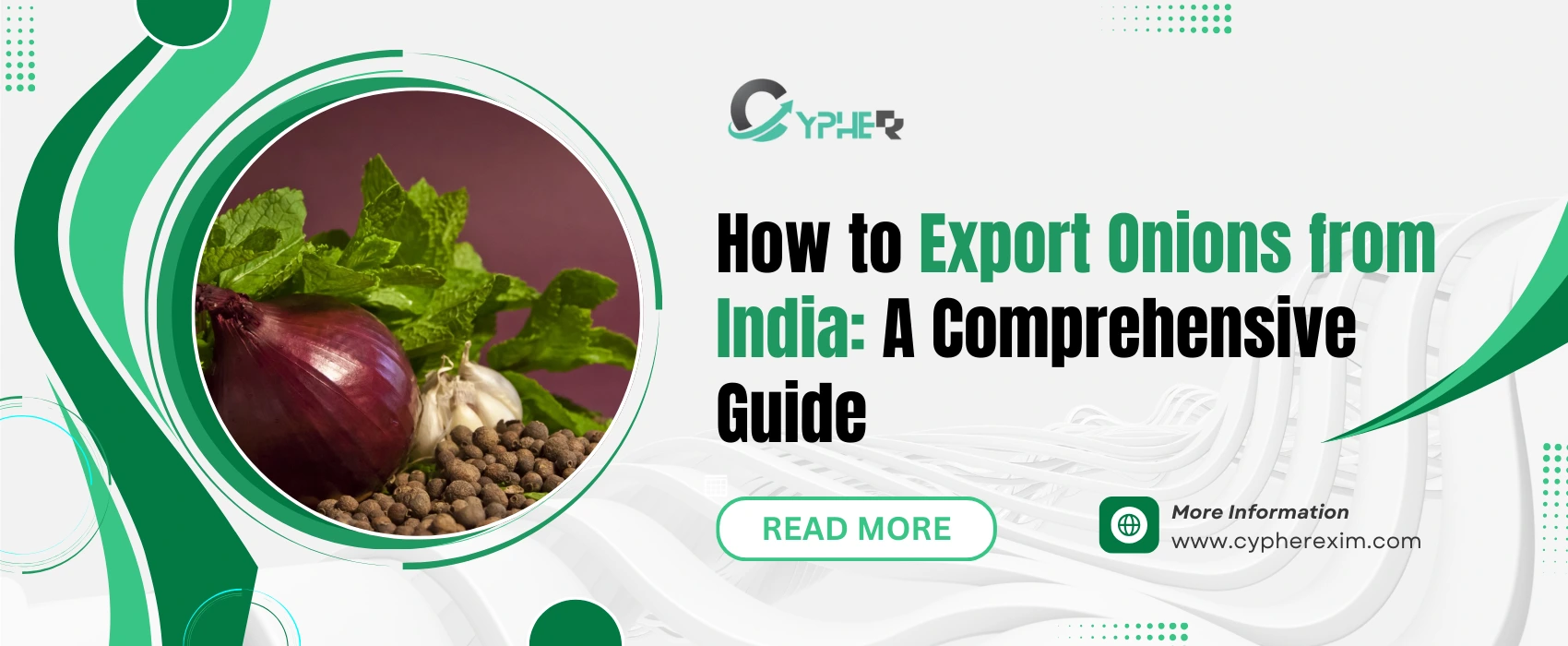Singapore Auto Export Data 2024-25: Major Car Exporting Companies & Countries

18 Sep 2025
Introduction
Singapore, a small yet dynamic city-state, has carved a niche in the global automotive industry despite lacking domestic car manufacturing. Known for its strategic location, robust infrastructure, and free trade agreements, Singapore thrives as a hub for vehicle re-exportation and automotive trade. In 2024, the total value of Singapore’s car exports reached approximately $395.68 million, marking a modest 1% increase from the previous year. By the first quarter of 2025, exports were valued at $113.63 million, reflecting steady demand in international markets. This blog explores Singapore’s auto export data for 2024-25, highlighting the major companies involved, key destination countries, and the trends shaping this vibrant sector. Drawing on recent trade statistics and market insights, we’ll unpack how Singapore maintains its position as the 42nd largest car exporter globally, despite its unique market dynamics.
Unlike traditional automotive powerhouses like Germany or Japan, Singapore’s auto export industry is driven by its role as a transshipment hub. The city-state imports vehicles from major manufacturers, particularly from Japan, Germany, and increasingly China, and re-exports them to regional and global markets. This model is supported by Singapore’s Certificate of Entitlement (COE) system, which mandates vehicle renewal every 10 years, creating a high-turnover market. As a result, Singapore exports a mix of new and used vehicles, with used cars forming a significant portion due to COE expiries. In 2024, Singapore’s non-oil domestic exports (NODX) saw a slight decline of 0.9% year-on-year, but the automotive sector remained resilient, with export volumes estimated at 25,000-35,000 units annually. The government’s Green Plan 2030, aiming for cleaner energy vehicles by 2030, is also shaping export trends, particularly with the rise of electric vehicles (EVs).
Key Drivers of Singapore’s Auto Exports
Several factors underpin Singapore’s success in auto exports. First, its strategic location in Southeast Asia positions it as a gateway to ASEAN markets and beyond. Free trade agreements (FTAs) with countries like India, China, Australia, the EU, UK, and the US provide duty-free access, making Singapore an attractive base for transshipment. Second, the city’s advanced port facilities and logistics infrastructure ensure efficient handling of automotive shipments. Third, the growing demand for EVs, supported by local assembly at facilities like Hyundai’s Jurong plant (operational since January 2023), has boosted Singapore’s export profile. By May 2025, EVs accounted for 35% of new car registrations in Singapore, with sales projected to reach 22,200 units in 2024, a 36% year-on-year increase. These dynamics, combined with fleet turnovers driven by the Early Turnover Scheme (ETS) deadline in December 2025, are expected to sustain high export volumes.
Top Car Exporting Companies in Singapore
Singapore’s auto export market is dominated by a mix of global automakers and local trading firms that facilitate re-exportation. While Singapore does not manufacture cars domestically, several multinational companies and local distributors play a pivotal role in the export ecosystem.
Below are some of the key players based on market share and export activity in 2024-25:
Toyota Motor Corporation
Toyota remains the leading brand in Singapore’s automotive market, with 7,876 vehicle sales in 2024, reflecting an 8.7% growth. The Toyota Corolla, with a 31.4% increase in sales, is a top exported model, particularly to Southeast Asian markets. Toyota’s dominance is driven by its reputation for reliability and fuel efficiency, making it a preferred choice in countries like Indonesia and Malaysia. Local distributors like Borneo Motors, a subsidiary of Inchcape, handle Toyota’s exports, leveraging Singapore’s logistics network to ship vehicles to regional markets.
BYD Company Limited
Chinese automaker BYD has seen explosive growth in Singapore, with 6,191 sales in 2024, a staggering 337.2% increase from the previous year. As a leader in electric vehicles, BYD’s models like the Atto 3 and Seal are gaining traction in export markets, particularly in Brunei and Indonesia. BYD’s competitive pricing and advanced EV technology align with global demand for sustainable vehicles, positioning it as a key player in Singapore’s export landscape.
Hyundai Motor Company
Hyundai, with 2,053 sales in 2024 (up 79.6%), benefits from its local assembly facility in Jurong, which supports both domestic sales and exports. Models like the Hyundai Ioniq 5 and Tucson are popular in markets like Thailand and the United States. Hyundai’s focus on EVs and hybrid vehicles aligns with Singapore’s Green Plan 2030, enhancing its export potential to eco-conscious markets.
Mercedes-Benz and BMW
Premium German brands Mercedes-Benz (5,101 sales, up 18.2%) and BMW (5,071 sales, up 47.6%) cater to high-end markets like Brunei and the United States. Their luxury SUVs and sedans, such as the Mercedes GLC and BMW X5, are in demand among affluent buyers in export destinations. Local dealers like Cycle & Carriage and Performance Motors facilitate these exports, capitalizing on Singapore’s reputation as a hub for premium vehicles.
Other Notable Players
Other brands like Nissan (1,638 sales, up 22.6%), Honda (3,892 sales, up 47.9%), Tesla (2,384 sales, up 153.3%), Mazda (1,260 sales, up 7.1%), and Kia (1,214 sales, up 13%) also contribute to Singapore’s export market. These brands, distributed through local firms, cater to diverse market segments, from budget-friendly models to high-performance EVs, ensuring a broad export portfolio.
Major Export Destinations for Singapore’s Cars
Singapore’s car exports are distributed across a diverse range of countries, with Southeast Asia dominating due to proximity and trade agreements. Below are the top 10 export destinations for 2024-25, based on Singapore’s export statistics:
Indonesia
Indonesia is the largest destination for Singapore’s car exports, accounting for 18.2% of the total export value in 2024. The country’s growing middle class and demand for affordable vehicles, such as the Toyota Corolla and Honda City, drive this trend. Singapore’s FTA with ASEAN facilitates duty-free exports, making Indonesia a key market for both new and used cars.
Brunei Darussalam
Brunei ranks second, with a 16.6% share of Singapore’s car exports. The country’s affluent population favors premium brands like Mercedes-Benz and BMW, alongside EVs from BYD and Tesla. Brunei’s proximity and strong trade ties with Singapore ensure a steady flow of high-value vehicles.
Malaysia
Malaysia, a close neighbor, is a major recipient of Singapore’s car exports, particularly used vehicles from COE expiries. Models like the Mazda3 and Nissan Sylphy are popular due to their affordability and reliability. Malaysia’s demand for both internal combustion engine (ICE) vehicles and EVs supports Singapore’s export growth.
Thailand
Thailand, another ASEAN partner, is a significant market for Singapore’s exports, especially for Hyundai and Toyota models. The country’s automotive industry, while robust, relies on Singapore for premium and niche vehicles, including EVs, which are gaining traction due to Thailand’s EV adoption policies.
United States
The United States is a notable non-ASEAN destination, with demand for luxury vehicles from Mercedes-Benz, BMW, and Tesla. Singapore’s role as a transshipment hub allows it to cater to the U.S. market, particularly for high-end SUVs and electric models, despite the distance.
Other Key Markets
Other significant destinations include Australia, New Zealand, India, China, and the Philippines. Australia and New Zealand demand premium and eco-friendly vehicles, while India and China import niche models through Singapore’s trade networks. The Philippines, like Indonesia, favors affordable Japanese brands, contributing to Singapore’s diverse export portfolio.
Trends Shaping Singapore’s Auto Exports in 2024-25
Several trends are influencing Singapore’s auto export market, reflecting both global shifts and local policies:
Rise of Electric Vehicles
The global shift toward EVs is a major driver, with Singapore playing a pivotal role in exporting battery electric vehicles (BEVs) and plug-in hybrids. BYD, Tesla, and Hyundai are leading this charge, supported by Singapore’s EV infrastructure, including 60,000 planned charging stations by 2030. EV exports are expected to grow as markets like Brunei and Thailand prioritize sustainable transport.
Impact of COE and Fleet Turnover
The COE system, which limits vehicle ownership to 10 years, ensures a steady supply of used cars for export. The ETS deadline in December 2025 is accelerating fleet turnovers, particularly for goods vehicles, boosting export volumes. This policy-driven turnover keeps Singapore’s export market dynamic and responsive to global demand.
Global Trade Challenges
Despite its resilience, Singapore’s auto exports face challenges from global trade headwinds. A 0.9% drop in NODX in 2024 reflects economic slowdowns in key markets like China and the EU. However, Singapore’s FTAs and strategic positioning mitigate these risks, ensuring stable export flows.
Growth in Auto Parts Exports
In addition to vehicles, Singapore’s auto parts exports grew by 51% from November 2023 to October 2024, with 3,122 shipments recorded. Key destinations include Peru, Indonesia, and the United States, driven by demand for components like batteries and electronics. This growth complements the car export market, reinforcing Singapore’s role as a comprehensive automotive trade hub.
Challenges and Opportunities
While Singapore’s auto export sector is robust, it faces challenges that could shape its trajectory. Geopolitical instability, particularly in the Malacca Strait, could disrupt shipping routes, increasing costs. Rising commercial real estate and warehouse costs in Singapore, up 10% year-on-year, also pose challenges for exporters. Additionally, global competition, especially from China’s dominant auto export industry (6.41 million vehicles in 2024), pressures Singapore to maintain its edge.
However, opportunities abound. Singapore’s focus on green technology, including EV assembly and battery imports, positions it to capitalize on the global shift to sustainable vehicles. The government’s support through programs like the Global Connect Programme and digital platforms like Tridge enhances market access for exporters. Furthermore, Singapore’s reputation for efficiency and compliance attracts multinational companies, fostering partnerships that drive export growth.
Singapore’s auto export industry in 2024–25 exemplifies the city-state’s ability to punch above its weight in global trade. With a total export value of $395.68 million in 2024 and a strong start to 2025, Singapore leverages its strategic location, free trade agreements (FTAs), and world-class logistics network to thrive as a global re-export hub. Major automakers like Toyota, BYD, Hyundai, Mercedes-Benz, and BMW dominate the market, exporting to destinations including Indonesia, Brunei, Malaysia, Thailand, and the United States. The rise of electric vehicles (EVs), driven by Singapore’s Green Plan 2030 and increasing global demand, is reshaping the automotive export landscape. Meanwhile, the COE system ensures a controlled yet steady supply of vehicles for re-export. Despite challenges such as rising logistics costs and global trade headwinds, Singapore’s adaptability and innovation keep it ahead of competitors. To stay competitive, exporters rely heavily on accurate export import data from trusted port data suppliers in India and international export import data providers. These datasets enable businesses to track market trends, identify potential buyers, and optimize supply chains with precision. As the global automotive industry evolves, Singapore continues to serve as a key connector — linking manufacturers, traders, and consumers worldwide through data-driven trade intelligence and efficient re-export strategies.







